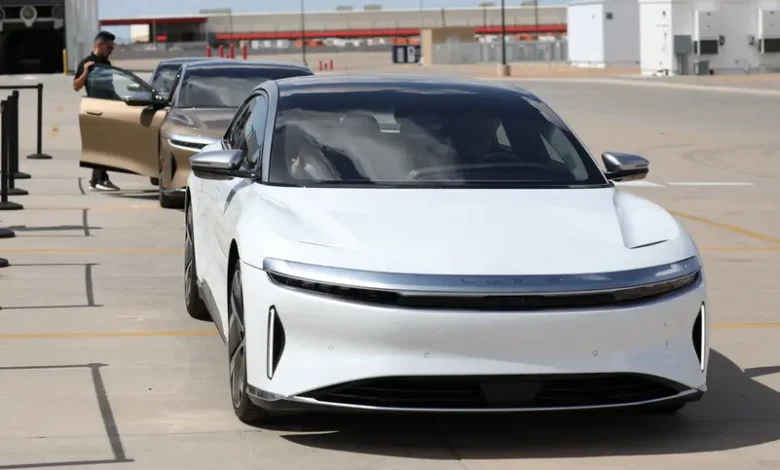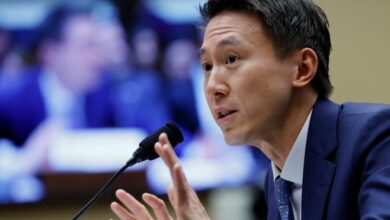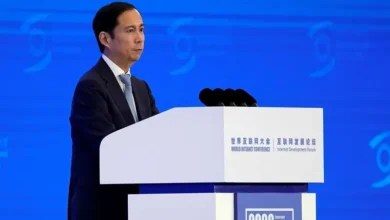EV maker Lucid raising $3 billion with more funds from Saudi PIF

Lucid Group Inc. is raising about $3 billion in a common stock offering with the majority of the money coming from the electric vehicle maker’s Saudi owners after a more than 60 percent stock slump in the last year. The shares plunged more than seven percent in extended trading.
The company announced the raise along with a corresponding investment by its owners — Saudi Arabia’s Public Investment Fund — in a statement, confirming an earlier Bloomberg News report. PIF, the Kingdom’s largest sovereign wealth fund, is purchasing $1.8 billion of the stock in a private placement.
The fund already owns about 60 percent of Newark, California-based Lucid, according to data compiled by Bloomberg. Bank of America Corp. is acting as the sole book-running manager for the public offering.
“Lucid intends to use the net proceeds from the public offering, as well as from the private placement by its majority stockholder, for general corporate purposes, the company said.
The shares fell 7.5 percent to $7.18 at 5:58 p.m. in extended New York trading after the report of the stock offering.
PIF first invested in Lucid in 2018, and steadily accumulated more shares until it held a majority ownership when the startup went public in 2021 through a combination with a special purpose acquisition company.
The EV maker’s market value temporarily catapulted above established rivals Ford Motor Co. and General Motors Co. that year, and the shares jumped in January this year amid expectation of a buyout by PIF.
The Saudi bet on Lucid includes plans to build an EV factory in the country.
The Kingdom is working toward rolling out hundreds of thousands of cars a year as it looks to become a hub for automakers. I
t’s a priority for Saudi Arabia, which is trying to diversify its economy away from oil. Its target of making some 300,000 cars by the end of the decade relies on Lucid for half of that production.
Lucid has stumbled recently as it grapples with heavy costs, production challenges and competition in the EV market.
The company said in March that it would eliminate about 18 percent of its workforce. This month it guided toward the low end of its annual production plan following a slow start the year.
The company has been trying to break out from a crowd of would-be Tesla Inc. competitors and firmly establish itself in the EV market.
Its market capitalization had briefly eclipsed $90 billion during the market frenzy in 2021 and has since fallen to about $14 billion.











